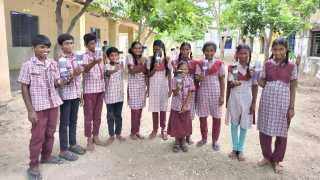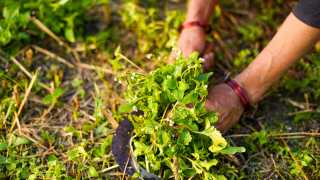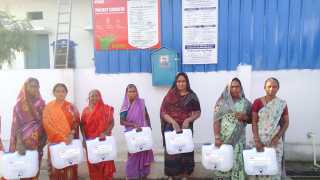People have been boiling water for thousands of years as a way to filter contaminants and remove impurities, but does boiling tap or ground water purify it and how effective is this method?
Boiling water is a simple and accessible method, and indeed effective against many pathogens. However, the assumption that boiling water alone can purify it entirely is a dangerous misconception. Let’s dive into why boiling water isn’t the silver bullet for water purification and explore what more is needed to ensure water safety.
The Limited Effectiveness of Boiling Water
Boiling water for at least one minute (or three minutes at higher altitudes) kills most bacteria, viruses, and parasites, making it a crucial emergency measure. This method is particularly valuable during natural disasters or in remote areas where access to clean water is limited.
But here’s where the story takes a turn. Boiling water falls short in several critical areas:
Chemical Contaminants:
Boiling water does not remove chemical pollutants, heavy metals, or toxins. Contaminants such as lead, mercury, arsenic, fluoride and pesticides are unaffected by heat and remain in the water. These substances can pose significant health risks even at low concentrations. Furthermore, boiling tap water with lead actually concentrates this contaminant making it more dangerous than if left alone.
Physical Impurities:
Imagine sipping your freshly boiled water only to find it gritty with dirt, sediment and other particulates. While the heat may neutralize biological contaminants, it does nothing to address physical impurities, which can still make the water undesirable and potentially harmful.
Taste and Odor:
Boiling can sometimes exacerbate taste and odor problems. For instance, the boiling process can concentrate certain chemicals, making the water taste or smell worse than before.
While boiling water eliminates bacteria in the water, it does not make the tap water pure. Water can contain other contaminants such as microplastics, pesticides, fertilizers, industrial chemicals, hormones, medications, heavy metals and neurotoxic microorganisms which are not removed through boiling water.
The Comprehensive Approach
So, what’s the solution? Ensuring water safety requires a multi-step purification approach in order to treat a spectrum of pollutants.
Community Pure Water purification centers use a highly efficient five-stage water purification system to remove over 99% of contaminants.

In this system, as water passes through the first three stages, sand, charcoal, and micron filters, progressively smaller particulate matter is filtered from the source water. After the initial filtration stages, the water then goes through reverse osmosis which further purifies water by forcing it through a semi-permeable membrane to remove contaminants, including dissolved salts, bacteria, and other impurities. Finally, the water is disinfected by high-intensity light in the ultraviolet spectrum that kills bacteria, viruses, and parasites that may have passed the filtration and RO stages.
The result is safe, clean water with less than 100mg Total Dissolved Solids (TDS) per liter, below World Health Organization’s guidelines of 300mg/ltr.

Our 5-stage water purification system
Conclusion
While boiling water is a valuable emergency measure, it’s not a catch-all solution. Understanding its limitations is crucial for ensuring access to truly safe drinking water. By integrating additional purification methods, we can protect our health and ensure our water is as safe as it can be. Let’s ensure that good health is accessible to all by supporting comprehensive water purification interventions.








